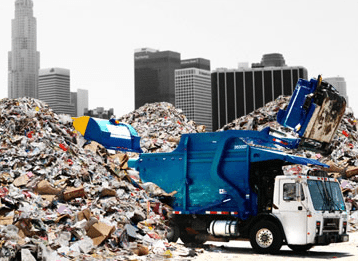

After a 4½ hour hearing, including strong testimony from members of the Don’t Waste LA coalition, the L.A. City Energy & Environment Committee and the Ad Hoc Committee on Waste Reduction & Recycling unanimously approved pushing a policy framework for an exclusive franchise system with strong standards. Yesterday, I posted the testimony I provided at the hearing.
This is a big moment for L.A. waste policy because at the conclusion of the hearing, these committee members determined that an exclusive franchise model has the best likelihood of success to achieve environmental objectives. Despite claims otherwise, after careful deliberation, the committees decided that they want to create a national model for sustainability in the waste collection for multi-family and commercial properties.
Overall, I was happy these council members were not duped by proposals of opponents of strong reform who promised benefits overnight.
» Read more about: Unanimous Vote for Waste Reform in Los Angeles »
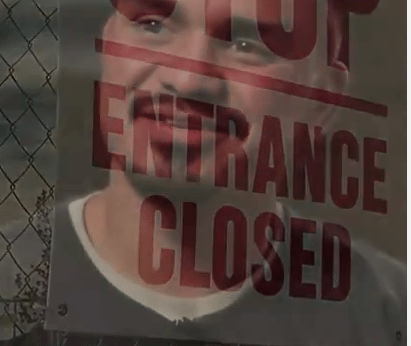

For hundreds of warehouse workers like Daniel Lopez of Riverside, working in unsafe conditions for up to 16 hours a day, for months at a time, is not uncommon. Asking for safe and clean working conditions or a reasonable work schedule could mean losing his job. (Watch Daniel’s video, above, about his experience in the warehouse.)
Last week, Daniel and I, along with other workers, went to Sacramento to urge the California Senate to pass AB 1855. They did, and if signed by Gov. Jerry Brown, AB 1855, sponsored by Assembly member Norma Torres and Senator Juan Vargas, will extend basic protections to tens of thousands of warehouse workers.
Fly-by-night contractors dominate the warehousing industry and provide a buffer between retailers like Walmart and the workers who move their goods. We have seen it many times; staffing agencies that supply workers in warehouses disappear overnight and leave workers without a job and without a paycheck.
» Read more about: Governor Brown Gets Bill to Help Warehouse Workers »
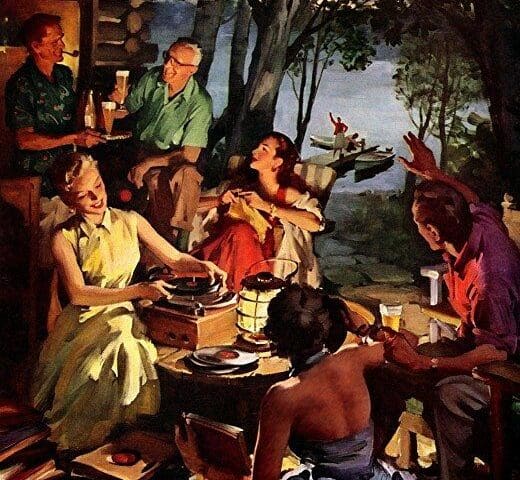

An unlikely source – the Wall Street Journal – has profiled in disturbing detail California’s widening gap not “just between rich and poor but also between rich and middle class.” According to the paper, upper income families in California – defined as “the upper 10 percent” – now earn 12 times as much as lower income families. And the average California family’s income fell by 11 percent between 2007 and 2010.
As a result, only a minority of Californians now can now call themselves “middle class.”
The One Percent’s favorite daily newspaper has even explained how budget cuts threaten to sabotage California’s economic recovery by “saddl[ing] California with an undereducated, less competitive-workforce.”
Budget cuts, which will grow far worse “if voters don’t approve Gov. Jerry Brown’s proposed tax increase in November,” have already:
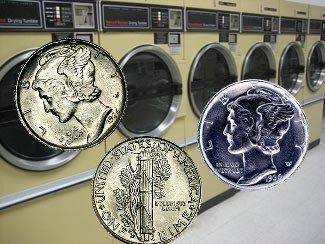

Monday the Des Moines Register reported that Wells Fargo fired an employee who’d been arrested in 1963 for trying to use a cardboard dime on a coin-operated washing machine in a Carlisle, Iowa laundromat. Richard Eggers, a 68-year-old Vietnam War veteran, had worked in the bank’s home mortgage department at a $29,795-a-year job, the Register said. According to the bank, federal regulations barred it from employing workers who’d been convicted of crimes involving dishonesty, even if their criminal records had been expunged. The 2011 rules were applied retroactively to Eggers, who’d been with Well Fargo seven years.
So far the story’s been getting attention on the Internet and radio as one of those What a Wacky World We Live In fillers. It remains to be seen if the level of public outrage reaches a point where someone blinks and Eggers gets his job back.
» Read more about: Wells Fargo Fires Man for Stiffing Coin Machine – In 1963 »
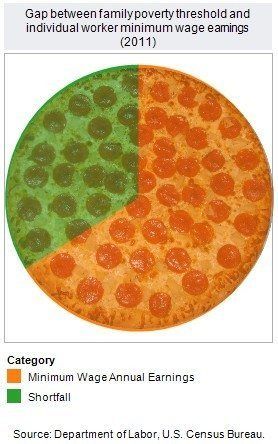
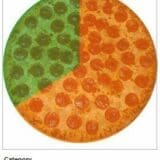
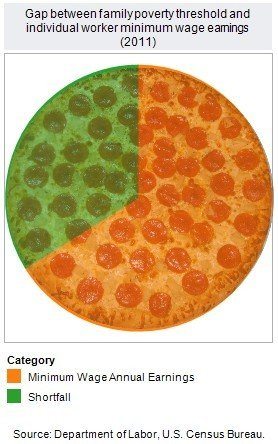 My grandchildren live on pizza. Oh, they eat other things that young children like, but whenever mom or dad work late or events intervene, the call goes out for pizza man to deliver.
My grandchildren live on pizza. Oh, they eat other things that young children like, but whenever mom or dad work late or events intervene, the call goes out for pizza man to deliver.
I was thinking about this when I read a piece in The Week a while back about franchisers who will soon need to cover the cost of health insurance for their low-wage workers or pay a fine. The case study focused on a guy who owns a string of chicken and Mexican fast food stops and who employs 425 workers. Some of these people run the front counter. Some do the deep frying. Some sweep up. None, apparently, have any health insurance.
The owner complains that providing these workers health insurance will cost him $546,000 a year – a cost that he says his business plan simply cannot support. Really? I thought.
» Read more about: Pizza, Health Care and the Minimum Wage »
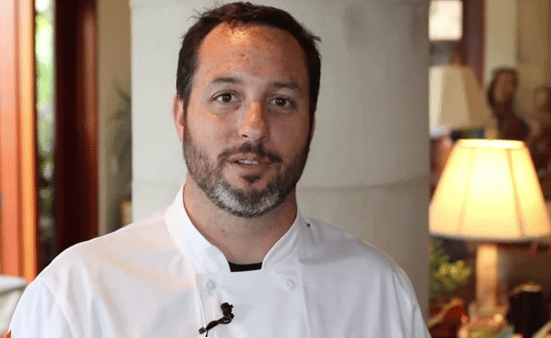

The premise behind Proposition 37 is simple: People should have the right to know what is in the food they are buying. This ballot initiative would require the food industry in California to say on labels if the food it sells has been genetically modified. After that, it’s up to the consumer to make a choice.
Over the past week California Right to Know, the group behind Prop 37, has launched some new ads to make its point. And, if the 30-second TV spot below seems a little over the top referencing old chemical and tobacco spin campaigns for Agent Orange, DDT and cigarettes, remember that those first two products were made by the top funders against Prop 37 – Monsanto, Dow Chemical and DuPont.
» Read more about: Proposition 37 Ads: Label Genetically Modified Food »


As the GOP assembles in Tampa, the Business Roundtable is joining the corporate chorus complaining about the “burden” and “uncertainty” of government action to remove toxic air pollution, stop climate change, stem the dramatic increase of workplace repetitive stress injuries like carpal tunnel and give consumers information about calories in our Big Macs and human rights abuses built into our iPhones.
The Roundtable is a who’s who of CEOs from America’s largest companies in the energy, banking, pharmaceutical, retail, insurance, communications and food industries. The Roundtable published a wish list of health, safety and environmental “regulations of concern” that their corporate members — many of whom are big political givers — want the Romney/Ryan ticket to stop if elected.
What they call “concerns” are actually important health, safety and environmental protections that Americans need and want. Recent polls (here and here) show that Americans would prefer higher taxes over reducing food and drug safety programs,
» Read more about: Business Roundtable: Fighting the Common Good »
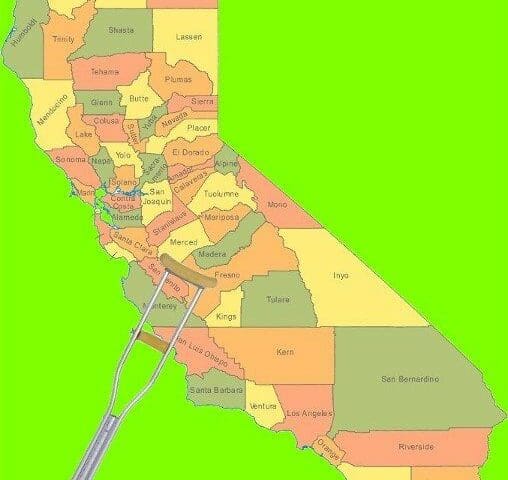

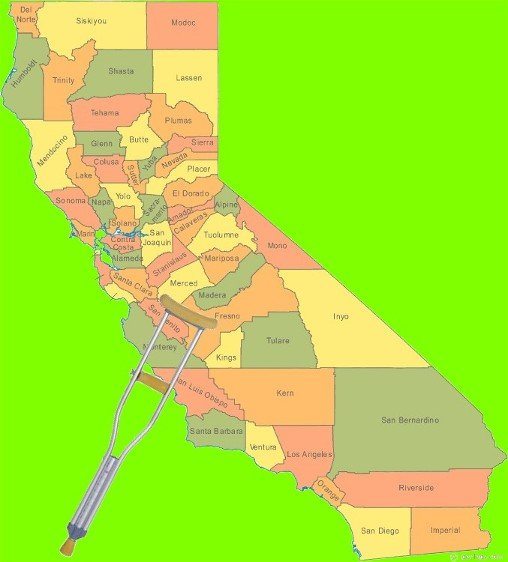 Arnold Schwarzenegger rode into the Governor’s office in 2004 on the campaign promise to “fix” the workers’ compensation system. Every day in 2004, the media hammered home Schwarzenegger’s talking points that California’s highest-in-the-nation workers’ compensation costs were driving employers, and jobs, out of the state.
Arnold Schwarzenegger rode into the Governor’s office in 2004 on the campaign promise to “fix” the workers’ compensation system. Every day in 2004, the media hammered home Schwarzenegger’s talking points that California’s highest-in-the-nation workers’ compensation costs were driving employers, and jobs, out of the state.
In the face of a relentless media campaign and the threat of an extreme workers’ comp reform ballot measure, the Legislature passed SB 899 in 2004—a draconian bill that gutted the workers’ compensation system and created more pain and suffering for injured workers.
Since SB 899, permanently disabled workers have seen their benefits slashed to the bone. Medical treatment is delayed and denied by insurance companies, sometimes for over a year. As a result, injured workers are stuck at home battling insurance companies for the medical care they need, with no ability to return to work.
After eight years of watching injured workers struggle with a slashed permanent disability schedule,
» Read more about: Workers' Comp Bill: A Chance to Repair Arnold's Damage »
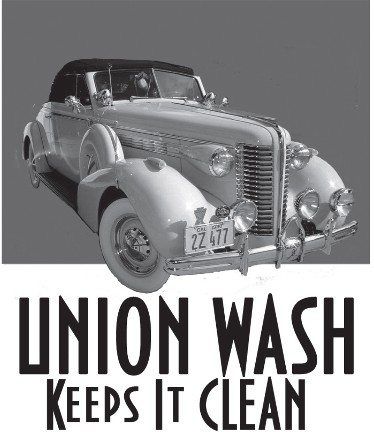
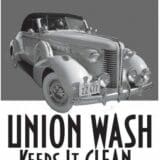
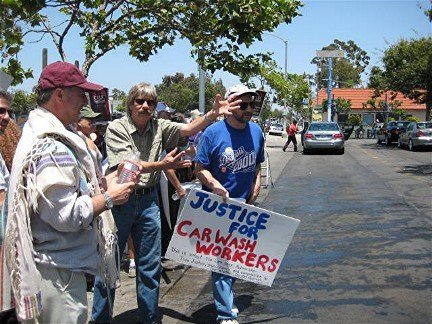 One of organized labor’s unlikeliest bright spots lately has been the United Steelworkers’ unionization of car wash employees. In an economy that has moved with blinding velocity from a Keynesian to Dickensian model, the largely Hispanic-immigrant labor pool available to car wash owners has been among the most grossly exploited in America. Their language and documentation barriers aside, “carwasheros” are known to toil in the hot sun for less than minimum wage – sometimes only for tips – and can be fired at the drop of a rag.
One of organized labor’s unlikeliest bright spots lately has been the United Steelworkers’ unionization of car wash employees. In an economy that has moved with blinding velocity from a Keynesian to Dickensian model, the largely Hispanic-immigrant labor pool available to car wash owners has been among the most grossly exploited in America. Their language and documentation barriers aside, “carwasheros” are known to toil in the hot sun for less than minimum wage – sometimes only for tips – and can be fired at the drop of a rag.
Which is what has made their solidarity and winning of three union contracts through the Los Angeles Clean Carwash Campaign all the more inspiring. This week Los Angeles carwasheros and the Southern California Library invite you to celebrate these victories by patronizing Vermont Car Wash at 6219 S. Vermont Avenue (at Gage).
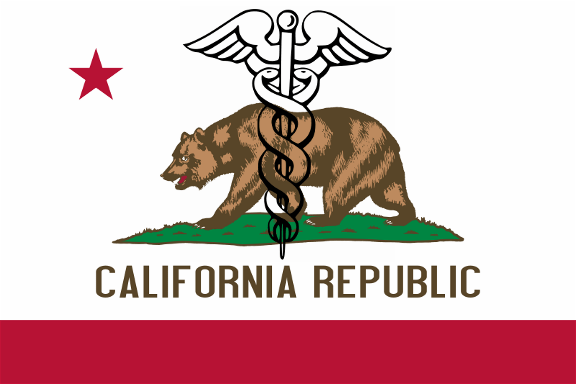

“The way the health care delivery system developed in this country has been a global scandal,” said Michael Hiltzik, author and Los Angeles Times columnist, as he concluded the community program he moderated Wednesday [August 22] on the effects of the Affordable Care Act.
Speaking at the National Council of Jewish Women Los Angeles, expert panelists acknowledged the obvious limitations of the act, which was found constitutional (for the most part) by the Supreme Court at the end of June. They also cited new benefits flowing from the legislation. But what became very clear was that there are steps we in California can take to make reform more meaningful even without action on the federal level.
If you want to skip the context and the bad news and go straight to what we can do now, please jump down the page to Recommendations for Action.